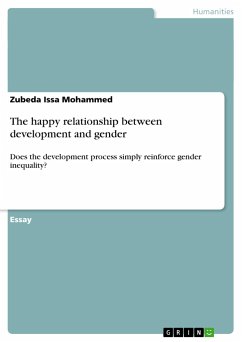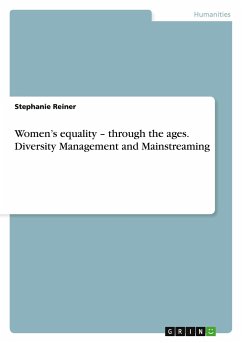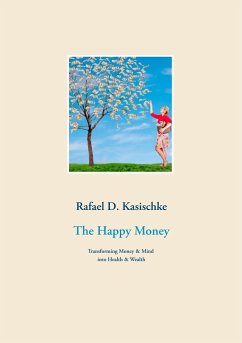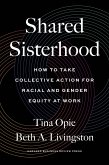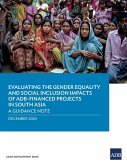Essay from the year 2013 in the subject Gender Studies, grade: B, Monash University, South Africa Campus (Monash University), course: International Studies, language: English, abstract: Gender inequality implies to the unequal treatment of a person based on their gender. This concept arises from the differences in social constructed gender roles within the society. Gender inequality has been one of the social concerns during the world history of development. In today's world however, every individuals and organizations are aware that without the predication of women, the development process will not be as effective and sustainable. Therefore many organizations as well as institutions have debated on the issues concerning gender and development, and have made significant improvement to make development gender-equitable. For instance the United Nations General Assembly adopted the Convention on the Elimination of All Forms of Discrimination against Women (CEDAW) in 1979 which generally describes the several agendas for national actions to end discrimination against women whether be at home or at workplaces (United Nations 2009). The introduction of policies, procedures and guidelines concerning gender equality has improved the rights and statuses of women. Hence the gender gap has been decreasing each year due to effective development processes which integrates women, empower them and give them access to join leadership positions in both the economic and political sphere. This piece of writing aims to examine how the development processes reinforces gender equality in terms of the decreasing feminization of poverty, the inclusion of women in the development processes and the differences within symbolic dimensions of gender since gender is particularly referred as the socially constructed roles, behaviours and characteristics that a certain society regard as appropriate for women and men.

